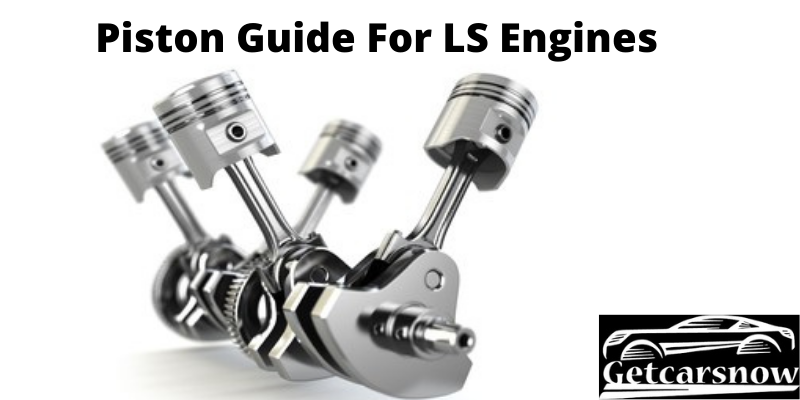How to Describe the Safety of a Used Car Before Purchase?
The money was saved and can now be spent. However, how can drivers decide which car is the best fit for their future needs? One of the most significant factors in the purchase process is the safety of a used car. Before investing, car buyers must have a thorough understanding of the safety performance of a car. Here we will examine how drivers can ensure that a car is safe before driving it off the lot.
The money has been saved and is now available to spend. But how can drivers determine which used car best fits their future requirements? The safety of a used car is one of the most important factors in the purchase process. Vehicle buyers must have a comprehensive understanding of a car’s safety performance before they invest. Here, we’ll take a look at how drivers can ensure that a vehicle is completely safe before they drive it off the lot.
Check the maintenance records of the vehicle
It is essential to check the maintenance record when buying a used engine vehicle. It is also important to know if the last maintenance of the vehicle has taken several years. Buyers should order a vehicle history report by a spécialist like Car Proof to find a complete overview of their vehicle maintenance history. Car Proof reports will tell the buyer whether the car was in an accident and details the recently completed repair work.
See Listings for used car parts Recall
Used vehicle buyers should check the reminder listings for their parts to see if a new recalled vehicle was purchased. The number of recalls from major manufacturers has grown over the last few years, so buyers must check the latest lists to see if several recalls of their favourite vehicles are occurring.
Ask a mechanic for a review before buying
During the purchase of a used car, consumers can work closely with vehicle repair specialists. Only those with prior experience repairing and servicing automobiles have the requisite skills to ensure automotive safety. As a result, before purchasing a car, buyers should talk with their local mechanic about scheduling a consultation. Most sellers would consent to this competent vehicle inspection. If it is done in good faith and with all parties participating equally. If the mechanic discovers a problem, the buyer may negotiate with the seller to come up with a plan to either complete the sale or reject it.



